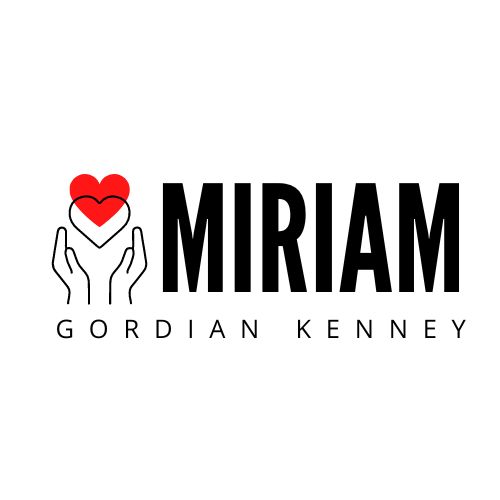In the ever-evolving healthcare landscape, the integration of artificial intelligence (AI) has stirred discussions regarding the possibility of AI doctors replacing their human counterparts. However, a closer look suggests that rather than replacing human doctors, AI is poised to become a powerful assistant in healthcare.
The prowess of AI resides in its capacity to swiftly and accurately analyze extensive medical data. This capability can assist healthcare professionals in diagnosing diseases, identifying treatment options, and predicting patient outcomes. AI algorithms can process information at a speed that exceeds human capacity, leading to quicker and more precise assessments.
However, the human touch in healthcare remains irreplaceable. Empathy, nuanced understanding, and the ability to consider various factors—such as a patient’s emotional state and individual circumstances—are integral aspects of medical care that AI currently lacks. The human doctor-patient relationship involves complex dynamics that extend beyond data analysis.
AI doctors are better viewed as powerful assistants to human practitioners. By leveraging AI’s analytical prowess, doctors can streamline diagnostic processes, access real-time data insights, and personalize treatment plans more effectively. This cooperative approach elevates the overall quality of healthcare provision.
Moreover, the use of AI in healthcare extends beyond diagnosis and treatment. Administrative duties, such as overseeing medical records, scheduling appointments, and managing routine inquiries, can be efficiently handled by AI systems. This allows human healthcare professionals to focus more on direct patient care, improving the overall efficiency of medical practices.
As we embrace the era of AI-assisted healthcare, addressing concerns about job displacement and ethical considerations is crucial. While AI can automate specific tasks, it cannot replace the nuanced decision-making, moral reasoning, and emotional intelligence that human doctors bring. Instead, AI should be seen as a tool that supplements and elevates the capabilities of healthcare professionals.
In conclusion, the future of healthcare hinges on a harmonious collaboration between AI and human doctors. AI’s analytical capabilities can revolutionize diagnostics and treatment plans, allowing human practitioners to deliver more personalized and efficient care. Understanding AIs’ and human doctors’ unique strengths can lay the groundwork for a healthcare landscape that harnesses the best of both worlds.

